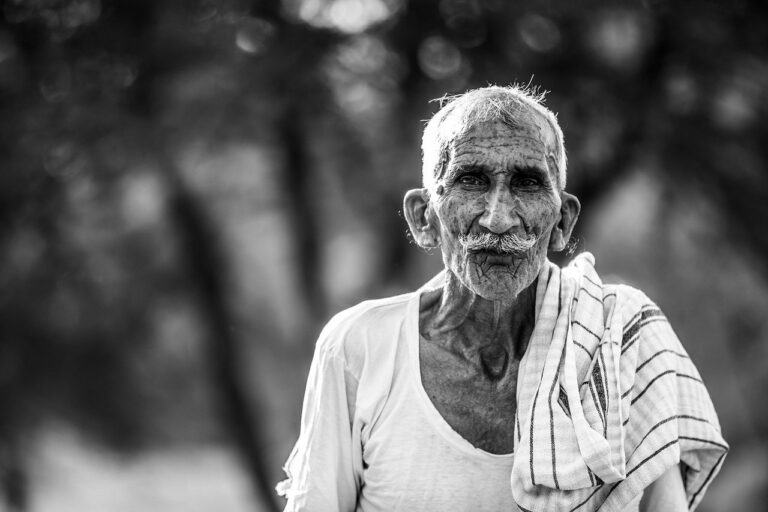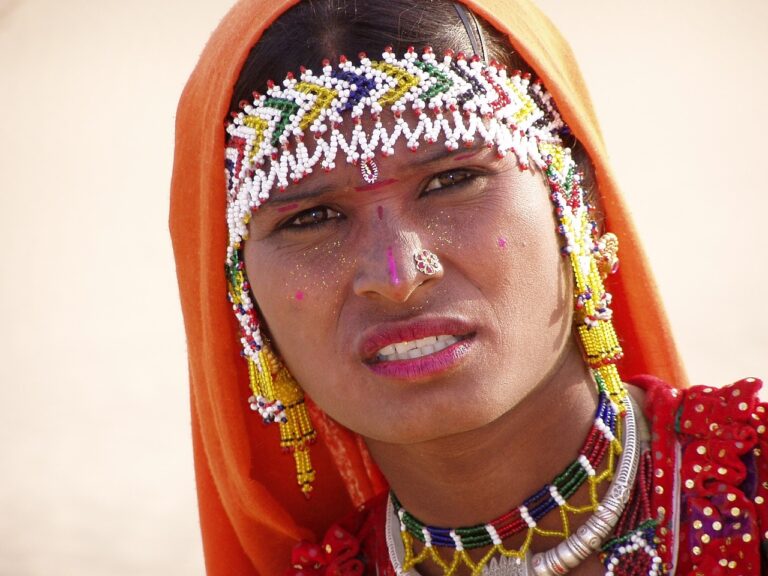Religious Voting Blocs: Examining Their Influence on Election Outcomes
Religious voting blocs play a significant role in shaping the outcomes of elections across various countries. These blocs are formed by individuals who share common religious beliefs and values, often influencing their voting behavior. In some cases, these religious groups may align themselves with specific political parties or candidates who resonate with their moral and ethical convictions.
The impact of religious voting blocs is evident in the way they can sway election results in favor of candidates who align closely with their religious principles. These blocs have the potential to mobilize a large number of voters who prioritize issues such as abortion, LGBTQ rights, and religious freedoms. As a result, politicians often court these religious groups by appealing to their values and ideologies in hopes of securing their support during elections.
The Impact of Religious Beliefs on Voting Behavior
The influence of religious beliefs on voting behavior is a significant factor in shaping election outcomes. It is evident that individuals often align their political preferences with their religious convictions, making religion a key determinant in how they cast their votes. As a result, religious voting blocs play a crucial role in shaping the political landscape and influencing electoral results.
Various key religious groups across the country have a significant impact on election outcomes. From evangelical Christians to Catholic voters, religious affiliations often guide individuals in making decisions at the ballot box. Candidates frequently tailor their messaging and policy proposals to appeal to these religious groups, recognizing the importance of their support in securing electoral success.
Key Religious Groups that Influence Election Outcomes
Religious groups play a significant role in shaping election outcomes in many countries around the world. One of the key religious groups that have a notable influence on election results is the evangelical Christians. Known for their conservative values and strong emphasis on social issues such as abortion and same-sex marriage, evangelical Christians often form a cohesive voting bloc that politicians actively court during election campaigns.
Another influential religious group in shaping election outcomes is the Catholic community. With a large and diverse membership base, Catholics are known to swing their support based on a candidate’s stance on issues such as immigration reform, healthcare, and social justice. Politicians often tailor their campaigns to appeal to Catholic voters, recognizing the impact this religious group can have on election results.
• Evangelical Christians are known for their conservative values and strong emphasis on social issues such as abortion and same-sex marriage
• Politicians actively court evangelical Christians during election campaigns
• Catholics have a large and diverse membership base that can swing their support based on candidates’ stances on issues like immigration reform, healthcare, and social justice
• Politicians often tailor their campaigns to appeal to Catholic voters in recognition of the impact this religious group can have on election results.
How do religious voting blocs influence election outcomes?
Religious voting blocs can influence election outcomes by mobilizing their members to vote for candidates who align with their beliefs and values. This can have a significant impact in close races where every vote counts.
What role do religious beliefs play in voting behavior?
Religious beliefs can play a significant role in shaping voting behavior, as individuals may be more likely to support candidates who share or are perceived to share their religious values and beliefs.
Which key religious groups are known to have an influence on election outcomes?
Some key religious groups that have been known to influence election outcomes include evangelical Christians, Catholics, Jews, and Muslims. These groups often have strong community networks and can mobilize their members to vote in a particular way.
How do political candidates appeal to religious groups during elections?
Political candidates often appeal to religious groups by highlighting their shared values and beliefs, and emphasizing policies and positions that align with those of the religious group. Candidates may also make appearances at religious events and seek endorsements from religious leaders to win over these voters.







